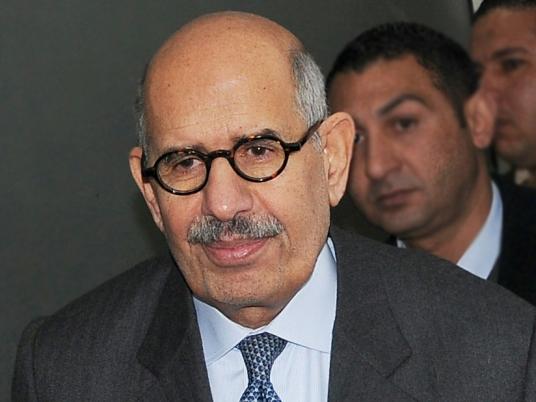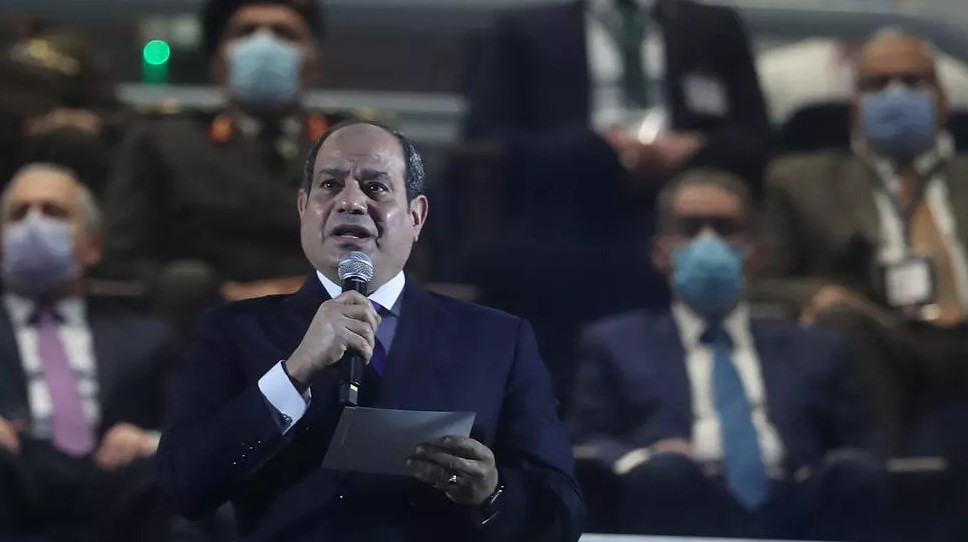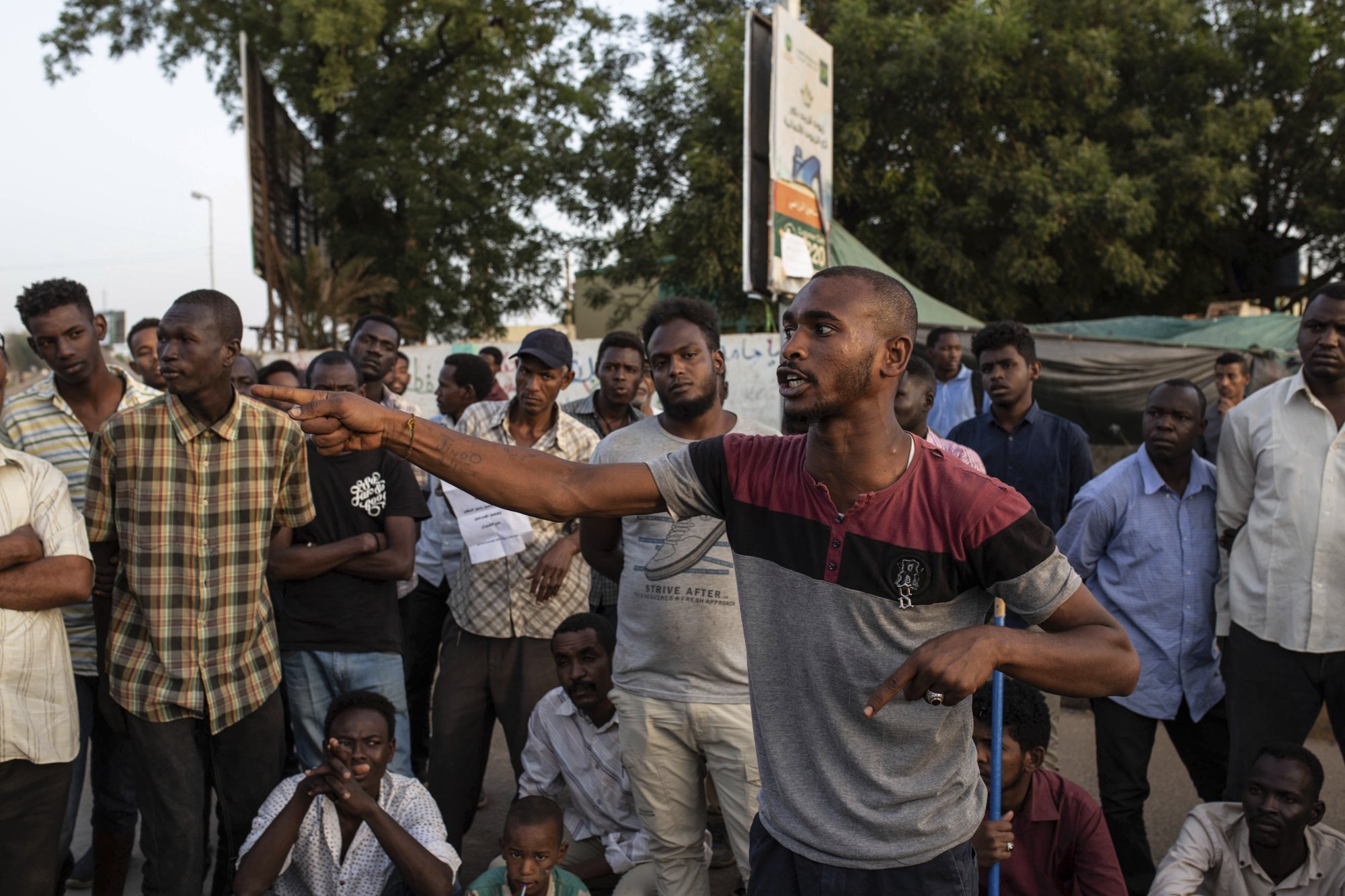The ruling Supreme Council of the Armed Forces (SCAF), which took power after former President Hosni Mubarak’s resignation, issued a statement Tuesday saying it will not abdicate its role in the management of the country’s affairs in the transition period, even amid calls from some groups for different forms of interim government.
Some groups have recently called for a civilian presidential council to take charge of the country’s affairs, instead of the SCAF, which is currently filling the executive role. On Sunday, a group of media professionals professed its support for such a system.
But not all of the protesters currently maintaining an open-ended sit-in in Cairo’s Tahrir Square support the idea of such a council.
“There is no compatible mechanism to elect a civilian presidential council to rule Egypt in the transitional period,” said Mariam, a theology student. “People will disagree a lot about who should be a member of this council.”
She is also concerned about which political movements may dominate the civilian presidential council.
Emad Okasha, a technician, believes that the SCAF is best prepared to hold power during the transition. He warned the protesters that the army might soon lose patience with the demonstrations.
Okasha also wondered how people can agree on the members of the civilian presidential council when they are not even on the same page regarding protest demands.
“The SCAF should continue holding power in the transition period, yet, it should assign the cabinet to a strong prime minister instead of Essam Sharaf,” said Mostafa Mahmoud, a mass communication student at Cairo University, who believes that the current division of popular opinion would not help in choosing a civilian council.
The SCAF should have a clearer vision about the coming period and should only administrate the country as an arbiter between authorities without playing politics, Mahmoud said. “Everyone should do his job.”
Mahmoud called upon the SCAF to give the prime minister more authority to meet the demands of the revolution, without needing to seek the military council’s approval.
The 25 January Revolution Youth Coalition released a statement on Tuesday calling for the formation of a national unity government that would have the authority to take revolutionary measures needed to manage the transition period.
The coalition suggested the appointment of Mohamed ElBaradei, a potential presidential candidate and former head of the United Nation’s atomic energy watchdog, as a replacement for Sharaf.
That proposition got some support in the square. “I am optimistic regarding ElBaradei,” said Doha Fathy, an employee at the Egyptian Museum, who had joined the protest.
Fathy believes that ElBaradei has the best presidential electoral platform to date and would support him as prime minister.
ElBaradei, however, released a statement on Tuesday saying he is not interested in becoming interim prime minister. He continued that the interim cabinet's lack of decision-making powers prevents it from achieving the revolution's goals.
The international lawyer also said in his statement that he is not interested in being appointed prime minister because change must come from all of the people, rather than individuals.
Mariam echoed that statement. “It will be a dictatorial decision if he was chosen based on the demand of the coalition,” she said.
Even for those who support ElBaradei as a politician, an appointment would not be the right course of action.
Mahmoud said that while ElBaradei is a smart politician, he would better serve Egypt as a president if elected.
“He is better in foreign affairs than managing the cabinet and judging ministers,” Mahmoud said.
Okasha agreed. “I believe ElBaradei has a good ideology,” he said. “However, my opinion is that we should give Sharaf a chance to meet the protesters’ demands.”



